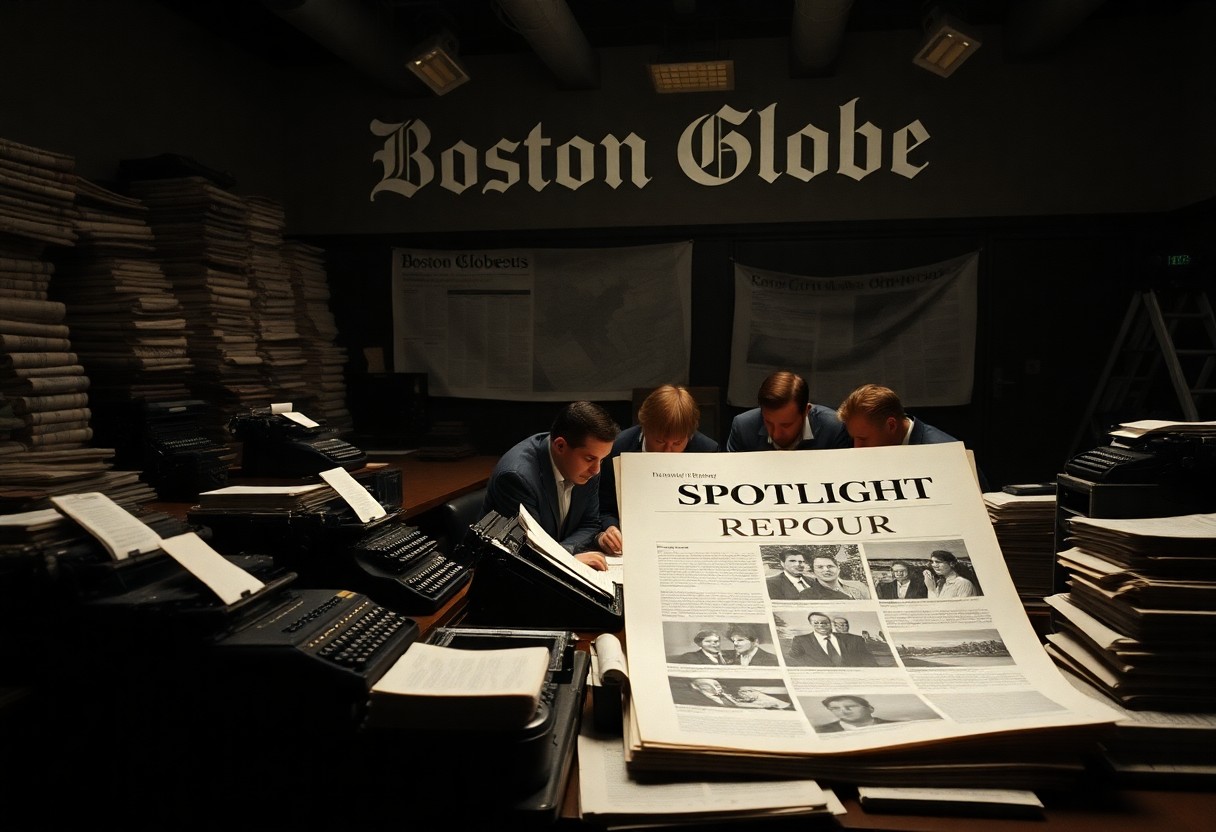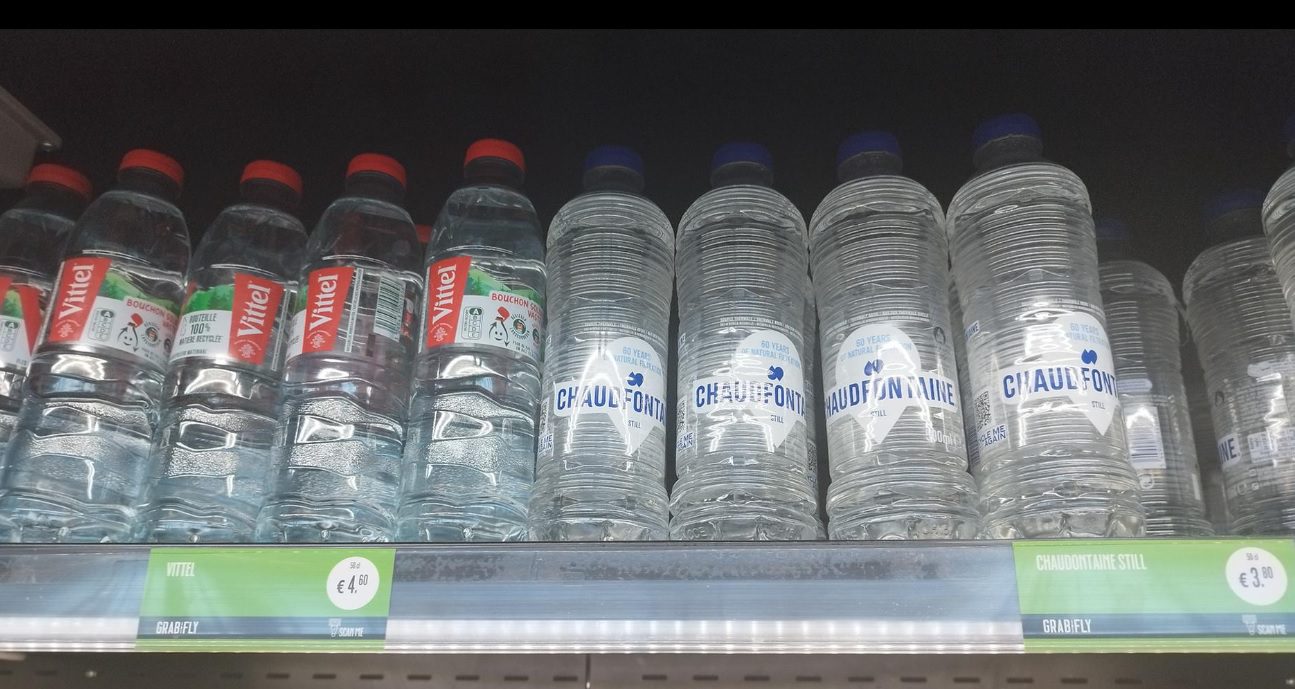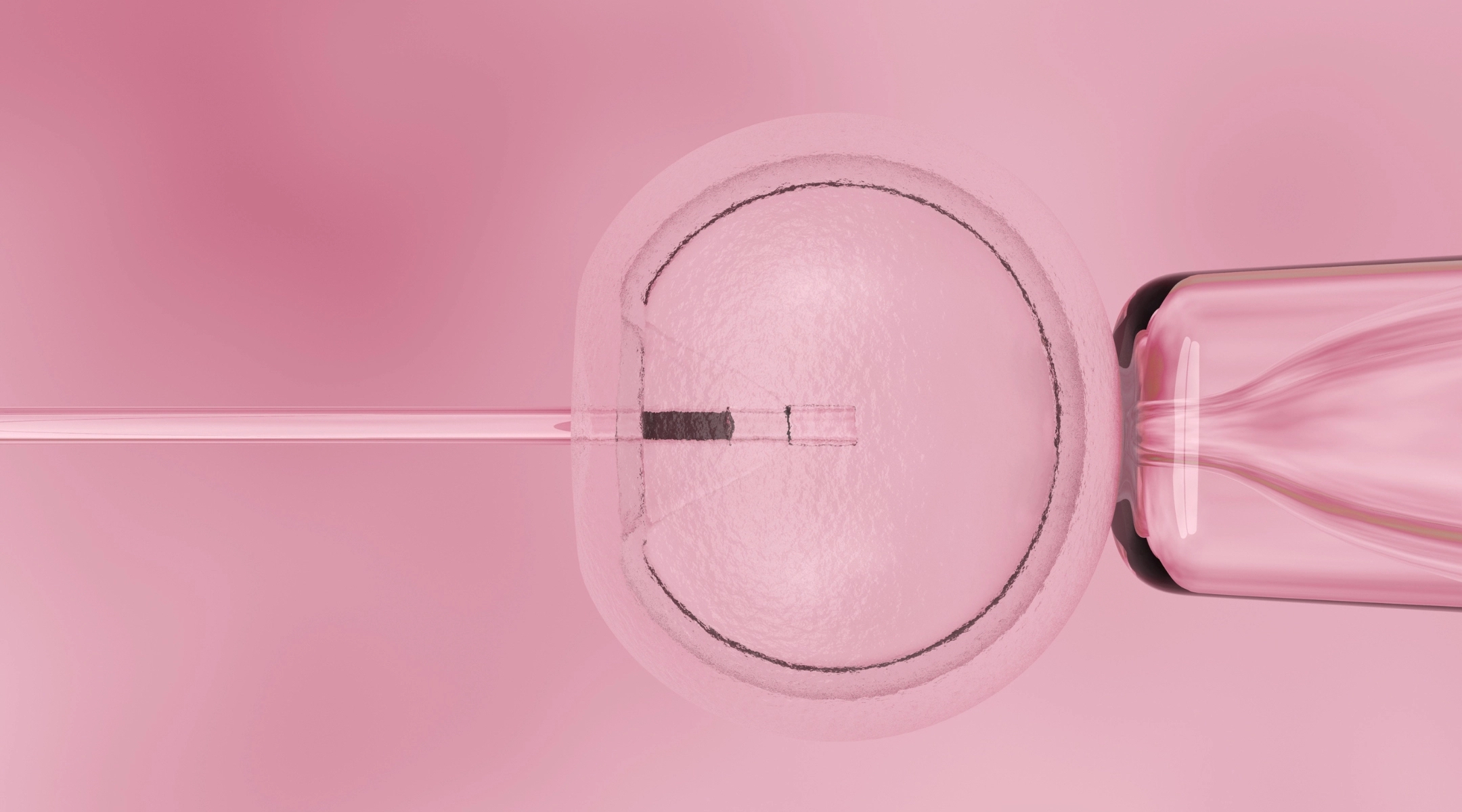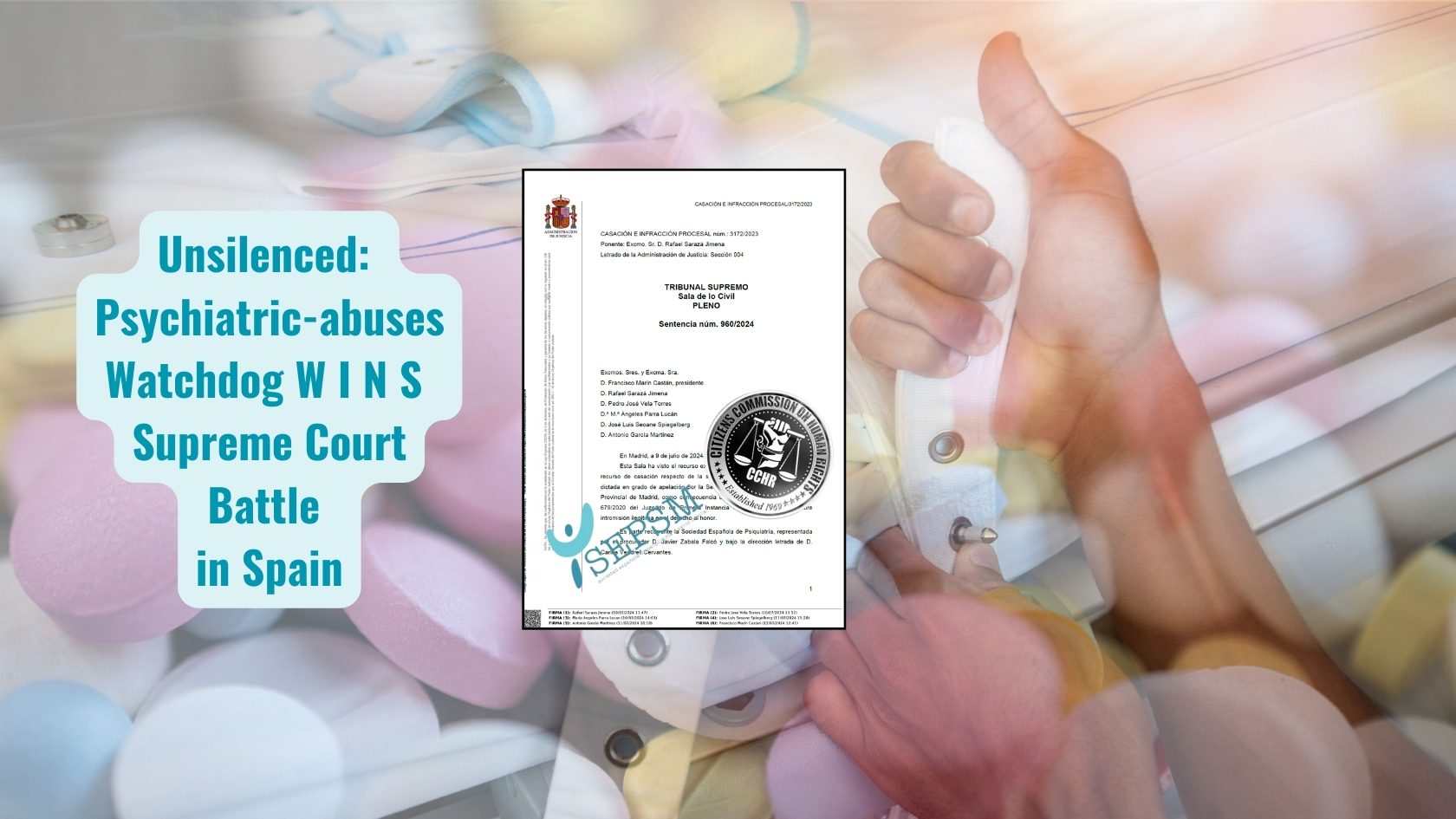Éric Danon, the former French ambassador to Israel, told The Journal in a June 24 phone interview that it is currently unknown how the Jewish community will vote in the upcoming French elections; he also discussed the current political climate in France as well as the ongoing Israel-Hamas war.
France is facing snap elections after President Emmanuel Macron dissolved parliament following the staunchly right-wing National Front’s landslide victory in the European Union parliament elections earlier in June. Danon told The Journal that “many individuals from the Jewish community are considering voting for the extreme right” over the extreme left, which was unfathomable years ago. “Clearly the extreme left in France has become antisemitic, and that is the main change in French politics … 30 years ago, the extreme right was antisemitic, not the extreme left,” he said. “Today, the extreme left, because they need the votes of the Muslim community in France, so they shifted to antisemitism.”
According to Danon, the extreme right in France now claims to support Israel and the country’s Jewish community. “No one knows if this is a lie or not. Everything is a mess today.”
Previously, Danon told The Journal on April 5 that, regarding what was at the time the upcoming 2027 elections “the Jewish community’s against the day-to-day aggressions generally coming from the third or fourth generation of Muslim immigrants, because at the same time, the extreme left are very supportive of the Palestinians. They even say that Oct. 7 is not an act of terrorism but an act of resistance.” Danon clarified that those that say this are on the “extreme extreme” left.
Danon has been a diplomat since 1986, and served as the French ambassador to Israel from 2019-2023; he was the first-ever French Jewish citizen to serve as the country’s ambassador to the Jewish state. “I did not ask to go to Israel because I really thought it was impossible,” Danon said. He posited that the reason why it took so long for France to appoint a Jewish ambassador to Israel was over concerns of “dual allegiance.” When he was offered the position of ambassador, he “accepted immediately.”
Danon and his family received a warm welcome when they arrived in Israel in August 2019. While Danon’s appointment did not change French policy regarding Israel, it did change the “personal relations” with the people of Israel, the former ambassador said. “You just can’t imagine the reaction of the French Jewish community in Israel,” Danon claimed, as the French Jewish population in Israel is 200,000 people. “They expected a lot.” Danon made it clear that his only role was to implement his government’s policy, “but at the same time I had a different comprehension of what was going on in the country.”
A lot happened in Israel and in the world during Danon’s ambassadorship tenure, including the COVID-19 pandemic, several Israeli elections in which Benjamin Netanyahu was ousted from ––and then returned to — the prime minister position, and the 2021 conflict with Hamas. Danon said it was particularly “interesting to be in Israel” during the pandemic “because of the vaccination system.”
Danon’s tenure ended in August 2023, so he was not in the country when the Oct. 7 massacre occurred. But he did visit Israel back in March. “What is unbearable is to see the pleasure of terrorists filming themselves killing Jews, and killing Jews in this very barbaric way,” Danon said, adding that “the concept of justice is at the center of Judaism” and that he heard three different kinds of answers from Israelis on the matter. One was “we know what is happening in Gaza” but they don’t have any compassion because Hamas and supporters of Hamas in Gaza “hurt us so much,” Danonclaimed. The second answer, which is “political,” is that everything that’s happening to the Palestinians in Gaza is Hamas’ fault and that Hamas wanted many Palestinian civilians killed in the war so the world would blame Israel. “And that’s what we see with the boom of antisemitism in the world,” Danon said.
The third answer: a “shift from the moral aspect to the ethic aspect” in geopolitics. Danon cited Winston Churchill’s justification of the Hiroshima and Nagasaki bombings in World War II; according to Danon, Churchill argued that it was immoral that 200,000 people were killed in both bombings, but it was ethical in order to prevent a million more lives from being lost. Some in Israel have a similar perspective when it comes to ongoing war in Gaza.
The Israelis’ end goal of the war is to dismantle Hamas’s military capacity so they cannot attack in Israel again and to make Gaza “safe,” said Danon, as well as to establish a “new deterrence” against Hezbollah to prevent them from launching their own Oct. 7 attack against Israel.
However, Danon claimed that that there is a feeling among some in Israel that Netanyahu has a “personal agenda” to keep the war going in order to prevent U.S. President Joe Biden from claiming that he achieved peace. “The idea of the Likud today is to go to Nov. 5, and there is a perverse effect in this of course,” he said. “What if Hamas leaders are killed in a week or two, and the hostages are released? Will the war continue or not? And the debate in Israel is, if this is the case, we will go to Lebanon because we have the threat of Hezbollah. That’s why everybody thinks that the war will continue at least until November, and probably after November.” Danon stressed that it would not be an “artificial reason” for Netanyahu to turn the war to the north once Hamas is eliminated, as Hezbollah is a legitimate threat, but Netanyahu also does not want to give Biden a “pretext” to say he ended the war, and that is “part of the equation.”
This has created a “paradox” among the people of Israel in that they understand Netanyahu is probably the only political leader to dismiss international pressure, but the Israeli populace may not like the way he is going about it, Danon claimed, prompting “mixed feelings” in Israel.
Danon also praised Israel as being “extraordinary” in how its populace has responded to Oct. 7. The government was “lost” at first, “but the population did the job. The young Israelis came back immediately from abroad … the result is that Israel is back on track.” But the population is still “really traumatized” by Oct. 7, Danon said. Additionally, there have been some economic issues in Israel because the “young people” who make up the “startup nation” in Israel are currently fighting in Gaza as well as the tens of thousands of refugees from the north as a result of Hezbollah’s attacks.
Danon has visited the various communities in southern Israel that were attacked on Oct. 7, recalling how people in a couple of kibbutzim close to Gaza believe that “they cannot live anymore with Hamas being so close to us.”
The French government has called for a ceasefire in the ongoing Israel-Hamas war and supports Biden’s ceasefire proposal in order to release the hostages and “reorganize the humanitarian aid and support in Gaza.” Danon said foreign policy ultimately stems from domestic policy and while France has the largest Jewish population in Europe (400,000) it also has the largest Muslim population on the continent. Danon believes France has around nine million Muslims, but “no one knows exactly.” And given that France is about to head into elections, “you have to be very cautious if you want to win the elections.”
Another domestic issue is the war of “public communications,” which Danon says Israel hasn’t been very good at, dating back to the Jewish state’s inception. “Oct. 7 is a one-day or one-week event. But TVs today need to have new images every day, so they get images only from Gaza … and you have the public opinion, so you have to deal with this,” Danon said. Israel doesn’t show the horrific images from Oct. 7 to “large audiences” and instead shows it to political leaders. “So everybody from France … is under the pressure of the Gaza images of today,” Danon said.
Danon also pointed out that Hamas controls the information coming out of Gaza. “We don’t know the number of casualties. They say 30,000; maybe it’s half that. Nobody knows.” He added that regarding the reports of people dying from hunger in Gaza and that 60% of the buildings in the enclave are down, “nobody can verify that.”
But Danon clarified that the ceasefire proposal that France supports does not mean the end of the war. “We know that neither nor Hamas nor the Israeli government is going to accept that.”
Danon argued that the various Arab countries on the Mediterranean border are not interested in the seeing the conflict end. “They are very happy that Israel is doing the dirty job, which is killing the Muslim [Brotherhood] and Hamas ideology … and more than that, they forbid any demonstration that is in favor of the Palestinians,” claimed Danon. “You can’t have any demonstration in Nigeria, in Morocco, in Tunisia, in Libya. Why? Because they are afraid of the consequences of such demonstrations.” He also contended that these countries’ governments don’t like each other very much, but “the only thing which gathers them is their hate of Israel. They need Israel as an enemy, but to have an enemy, you must have a pretext, and the pretext is the conflict with the Palestinians. So you keep Israel as an enemy if you keep the conflict alive.”
“The only thing which gathers [the Arab nations] is their hate of Israel. They need Israel as an enemy, but to have an enemy, you must have a pretext, and the pretext is the conflict with the Palestinians. So you keep Israel as an enemy if you keep the conflict alive.”
These Arab countries fear that if the conflict ends, Israel will become a true superpower; as it is, Israel’s GDP is already higher than all of those Arab countries combined and Israel’s GDP per capita is higher than France’s and equal to the United Arab Emirates, Danon said. Further, these Arab countries cannot fathom “dhimmi,” or non-Muslims, thriving “in a Muslim world.” The only ones who are confident enough to say nothing about the conflict “are the Gulf countries… because they understand that to live in a peaceful, quiet environment, extremist jihadists radical Islamism has to be tackled and destroyed.”
Danon thinks that Saudi Arabian Prince Mohammed bin Salman believes he can do something to fix the conflict, and that Israeli-Saudi normalization will happen when the current war is over. But what would separate Israeli-Saudi normalization from the countries in the Abraham Accords is that with the Abraham Accords, the normalization was purely on a “political” basis. Normalization with the Saudis would result in “de-facto … religious normalization between Mecca and Jerusalem, and if you have that kind of normalization, you live in another world,” Danon said, calling it a “game changer.”
France has certainly not been immune to the surge in antisemitism since Oct. 7; Danon said that while antisemitic incidents in France have mostly been “verbal insults in the streets,” there has been “physical violence and for the moment, nobody died from that… but it could happen. What is important is the response of the government facing this.” The Interior Minister, for instance, has not provided authorization for pro-Palestinian rallies in the streets, per Danon, and imams that have been promulgating hatred “have been sent back to Arab countries.”
It can be tough for French politicians to support Israel because anyone that expresses support for the Jewish state is “immediately insulted on the social networks, so the vast majority says we don’t know really about this issue.” But he lauded the European Leadership Network, or ELNET, for their role in bringing more French MPs to Israel and changing their minds about Israel. Macron himself is pro-Israel “but does not like the way the war is going on,” which Danon analogized to how Democrat politicians view the matter. Again, it comes down to “public pressure” and the images coming from Gaza, opined Danon. But “many people know” that the “enemy today may be the ideology of the radical Islamist jihadists” and understand the importance for Israel to succeed because the ongoing war is a battle for civilization, “and that is more and more the case in France,” Danon said. And “at the governmental level … they are frankly in favor of Israel” and ultimately that makes Danon “more optimistic than pessimistic. There’s a clear conscience that we have common enemies with Israel, that’s why we have to fight together.”











